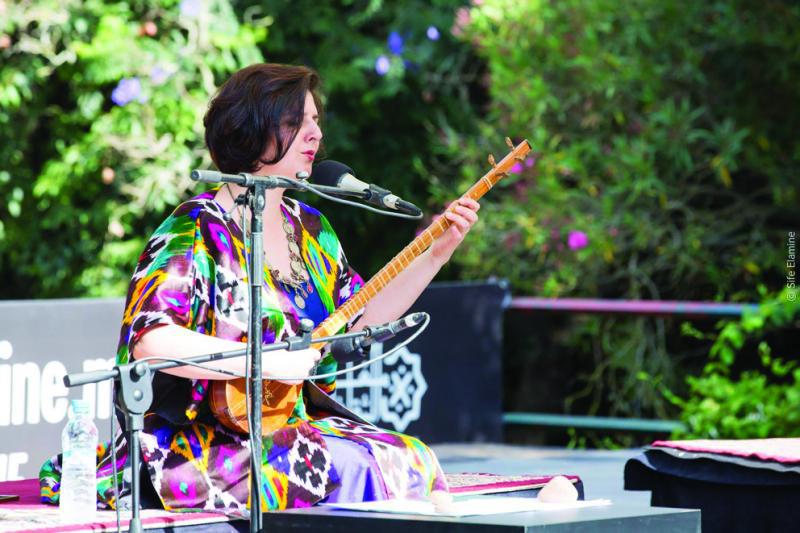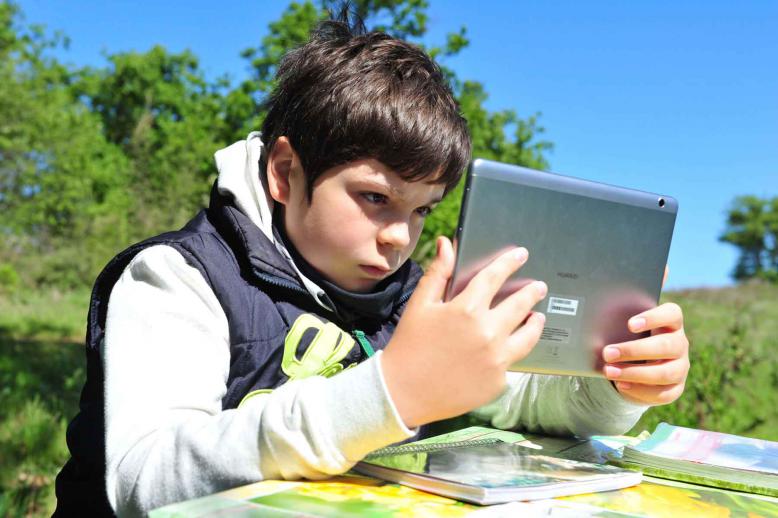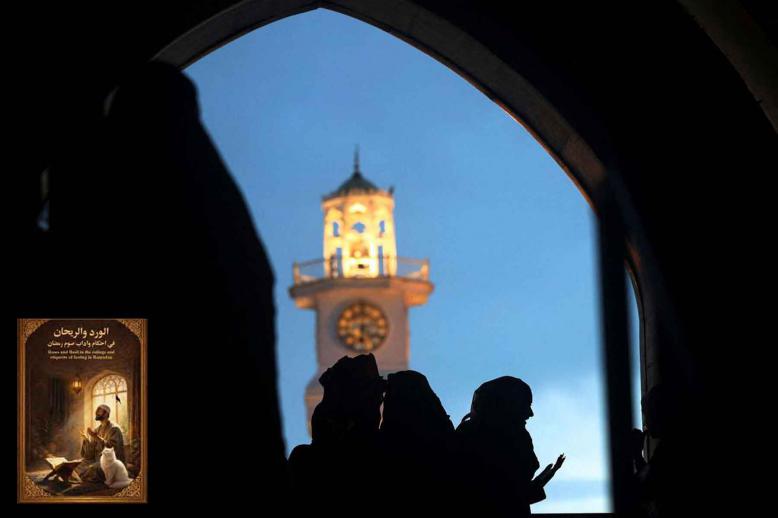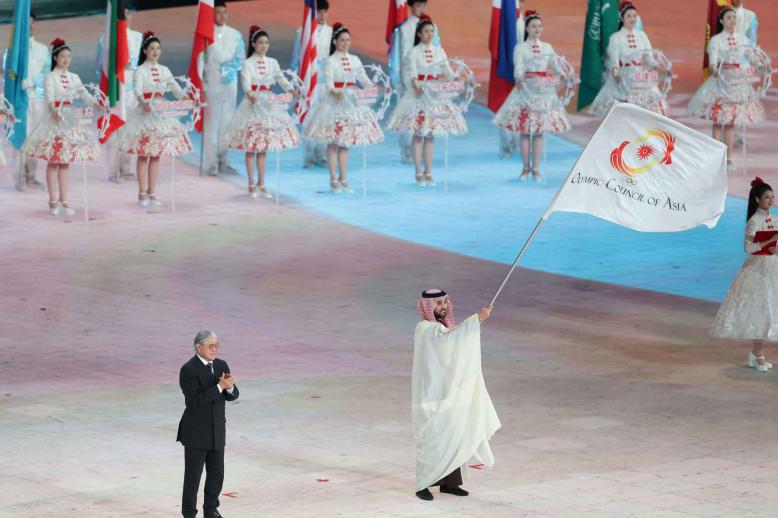Morocco’s music festivals take place amid calls to boycott Mawazine
CASABLANCA - International music festivals took place across Morocco despite calls for the boycott of the 2018 Mawazine — Rhythms of the World Festival on social media.
Mawazine, an 8-day event in Rabat and Sale that ended June 30, featured more than 80 local and international artists. American singer Bruno Mars performed before a packed audience to promote his “24K Magic” album in Rabat.
“The performance was incredible. Thank you, Bruno Mars,” said Sofia Lahlou who travelled from Casablanca for the concert.
The second day of the festival featured hip-hop artist French Montana, who returned to his home city of Rabat a year after performing in Casablanca.
Montana’s concert was attended by more than 50,000 people despite calls for a boycott of the festival. Boycott organisers said the privately sponsored festival’s revenue should be invested in socio-economic projects to improve Moroccans’ standard of living.
While festival organisers did not comment on the boycott, the hashtag #boycott_mawazine was trending on Facebook and pictures of empty stages at some concerts were posted on social media, allowing boycott organisers to call their campaign a success.
“Greetings, respect and appreciation to all honourable Moroccans who contributed to the success of the boycott, especially the inhabitants of Sale, Rabat and the surrounding areas. Long last the bonds of brotherhood and cohesion between us,” wrote Larbi Lababsi on Facebook.
Arab Diva Ahlam, who said she considers herself Moroccan, said her concert earnings would be given to a Moroccan hospital as a goodwill gesture and solidarity with the boycott campaign.
“I am participating with you in this campaign by giving... a donation to one of the hospitals in Morocco. My participation is a support and a declaration of sincerity and love that I carry for you. Meeting the Moroccan public is for me the real gain that I will receive,” Ahlam wrote on Instagram.
Further south, the coastal city of Essaouira was the site of the 21st Gnaoua World Music Festival. Neila Tazi, the festival’s founder and producer, said the event helped keep Gnaoui art from becoming extinct.
“We have a principle at the heart of our project, which is the concept of fusion,” said Tazi.
Gnaoua music has blended with other music styles, such as blues and jazz, building bridges between different civilisations and cultures through enriching the music scene.
The event included Snarky Puppy, Shabaka Hutchings, Africa United and Maalem Hamid El Kasri.
“It’s the tradition of this festival to have bands that visit to play with Gnaoua musicians, doing a whole set is interesting,” said Snarky Puppy.
The festival drew 500,000 people from around the world thanks to its peaceful cultural dialogue that brings together East and West.
The 24th Festival of Sacred Music, under the theme “Ancestral Knowledge,” took place in Fez. From global solidarity with Goran Bregovic and his “Three Letters from Sarajevo” to Jordi Savall and his “Ibn Battuta, Traveller of Islam,” the events were rich and breathtaking.
The inaugural concert saw a great poetic and musical evocation, reflecting the city’s blend of spirituality, architecture, crafts and brotherhood.
The Garden Jnan Sbil in Fez hosted Italy’s Doulce Memoire band, which performed music of the Italian Renaissance. The festival linked the region’s craft heritage, based on spirituality, and a contemporary creation offering promising prospects.
Saad Guerraoui is a regular contributor to The Arab Weekly on Maghreb issues.
This article was originally published in The Arab Weekly.







